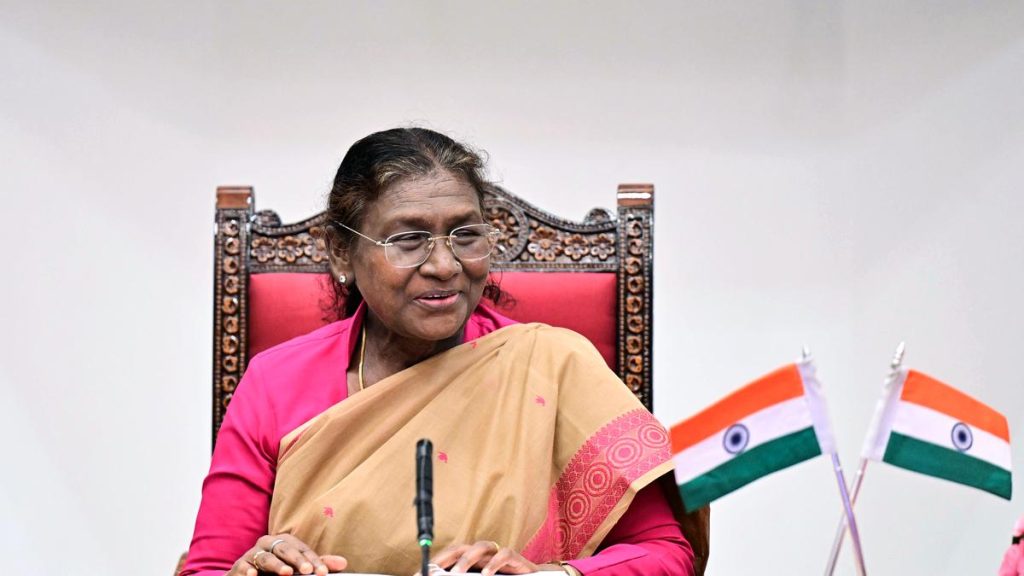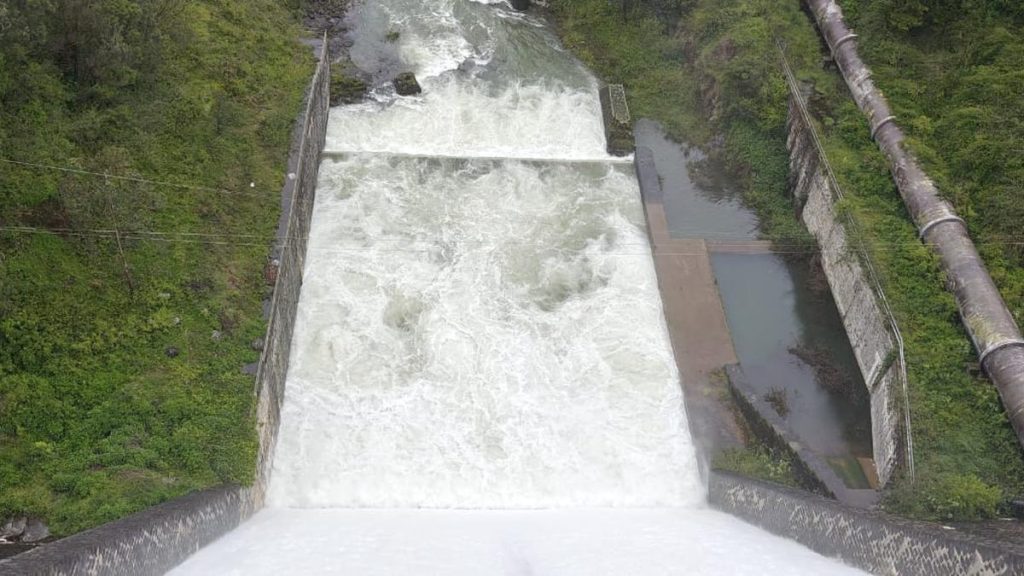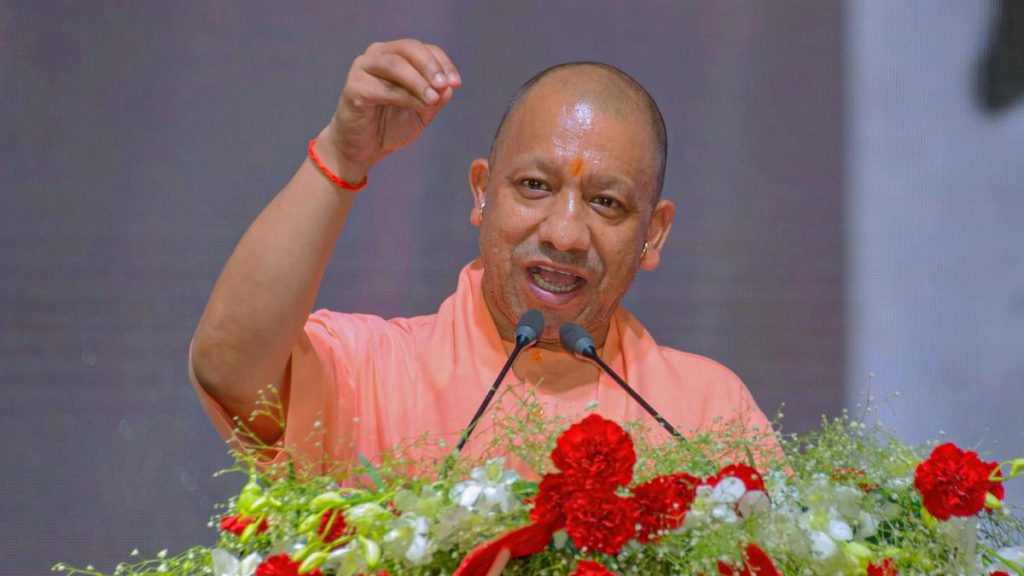Now Reading: Mahadayi Row Heats Up: Goa CM’s Remarks Spark Farmers’ Demand for Action
-
01
Mahadayi Row Heats Up: Goa CM’s Remarks Spark Farmers’ Demand for Action
Mahadayi Row Heats Up: Goa CM’s Remarks Spark Farmers’ Demand for Action
Quick Summary
- Background: The Mahadayi river water-sharing dispute has resurfaced following Goa Chief Minister Pramod Sawant’s statement that Union Minister Bhupendra Yadav assured no approval for the project.
- Stakeholders: Farmers fighting for Karnataka’s Kalasa-Banduri Nala Project, part of the Mahadayi project, are angered by political parties over this development.
- Karnataka Government Response: CM Siddaramaiah and other Karnataka officials condemned goa CM’s statement as unjust to the federal system and accused BJP-led NDA of biased treatment toward Karnataka.
- BJP defends Itself: Union Minister pralhad Joshi clarified that Sawant’s remarks were personal and not reflective of Union government policy. Local BJP leaders have also dismissed politicization claims, emphasizing developmental priorities.
- Farmers’ Demand: Farmers have reacted strongly against both goa’s position and BJP leaders in Karnataka. They insist all MPs from Karnataka unite to push clearances needed for implementation after tribunal verdicts are already secured.
- Continued Agitation: Farmer leader Veeresh Sobaradmath Swami announced a meeting on July 31 to determine future action while condemning Sawant’s comments.
Indian Opinion Analysis
The resurgence of the Mahadayi dispute reflects long-standing issues over interstate water-sharing agreements in India, highlighting recurring tensions between federal governance and regional interests. While judicial verdicts have adjudicated key aspects like tribunal allocations, political disagreements continue delaying actionable progress.
For Karnataka, this controversy underscores growing frustration among stakeholders who see delays as neglect or politicization at their expense. Agriculture-dependent regions relying on this project stand particularly affected by these postponements. Farmers are advocating non-partisan collaboration among MPs from Karnataka as essential to move forward pragmatically.
On a broader scale, disputes like these indicate how vital obvious frameworks are under cooperative federalism when balancing development priorities across states-a challenge requiring calibrated diplomacy and strong adherence to institutional rulings.
Link for Read More: The Hindu Article
























